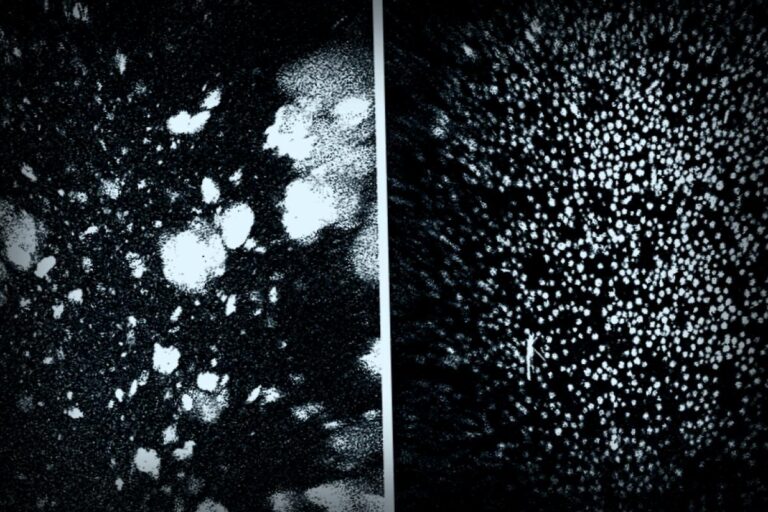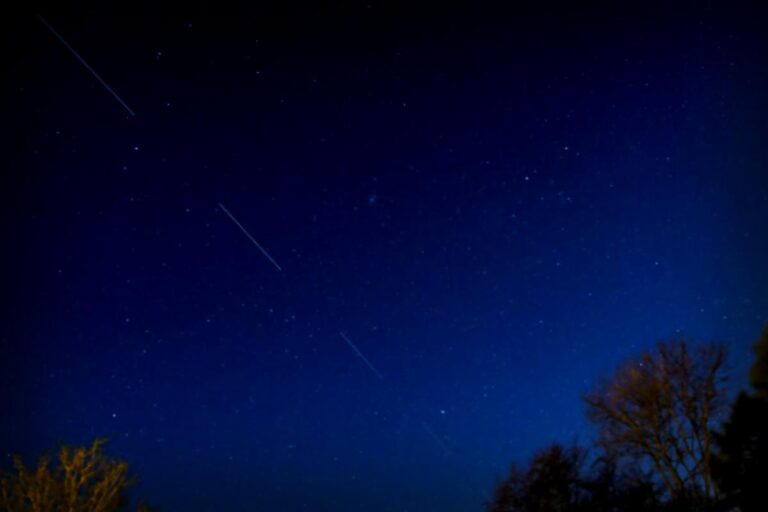Two senior officials from the National Oceanic and Atmospheric Administration, who have ties to the likely new NOAA head, were unexpectedly placed on administrative leave on Thursday. This news came from two former employees familiar with the shifts and a current NOAA official.
The exact reasons behind this decision remain unclear, but those on leave—Steve Volz, the leader of NOAA’s satellite division, and Jeff Dillen, NOAA’s deputy general counsel—were key figures in the investigation into potential breaches of NOAA’s scientific integrity during the controversial Sharpiegate incident from President Donald Trump’s first term.
One ex-NOAA official pointed out the curious timing of their suspension, noting that it happened just days before Neil Jacobs was scheduled for a Senate committee vote. This remark hints at some unresolved issues regarding scientific integrity that were tied to Trump’s actions during Sharpiegate.
The investigation discovered that Neil Jacobs, then-acting administrator of NOAA, along with another official, had breached agency policies by supporting a modified weather forecast concerning 2019’s Hurricane Dorian. Trump’s am reworked forecast was drawn with a Sharpie, in such a way that it suggested Dorian would hit Alabama, which it ultimately did not—it struck North Carolina instead.
A letter informing Volz of his leave alludes to an “investigation” concerning his “recent conduct,” but NOAA insiders are unsure what this refers to. This communication was sent by acting NOAA administrator Laura Grimm.
It is uncertain if Dillen received a similar note linking his leave to any investigation. While the Sharpiegate scandal connects these two figures, their leave might be coincidental.
NOAA communications director Kim Doster explained to CNN that Dillen was put on leave pending reviews about his performance over the preceding weeks, while stating Volz’s leave was related to an unrelated matter.
Jacobs is in line for the NOAA administrator position for Trump’s ongoing term, with his nomination hearing scheduled for July 30.
Volz, who ranks as NOAA’s second-most senior official and has the title of longest-serving assistant administrator, has been involved in responses to Trump’s “Gold Standard Science” executive order, which could mean significant changes for NOAA’s scientific integrity policies. He’s also been at the forefront of development for NOAA’s next-generation weather satellites, a hefty project worth billions.
The satellite division, where Volz presided, occupies a crucial point in the debate about relying on private sector resources for weather observation versus pricier publicly-operated satellite systems. He’s advocated heavily for maintaining a core of NOAA-operated satellites, while also exploring partnerships for purchasing data from private firms.
Stepping into Volz’s shoes will be Irene Parker, the division’s third-in-command and an ally of Jacobs, as noted by former NOAA staff.
The timing of these departures casts a shadow over NOAA, particularly at a point when staff reductions and proposed budget cuts have sent morale plummeting and raised urgent questions about the agency’s capacity to manage extreme weather forecasting and response efforts. These concerns noticeably emerged during the recent heavy floods in Texas, which were largely attributed to the thinning of National Weather Service personnel.
For continuous updates, check back with CNN.com.



















